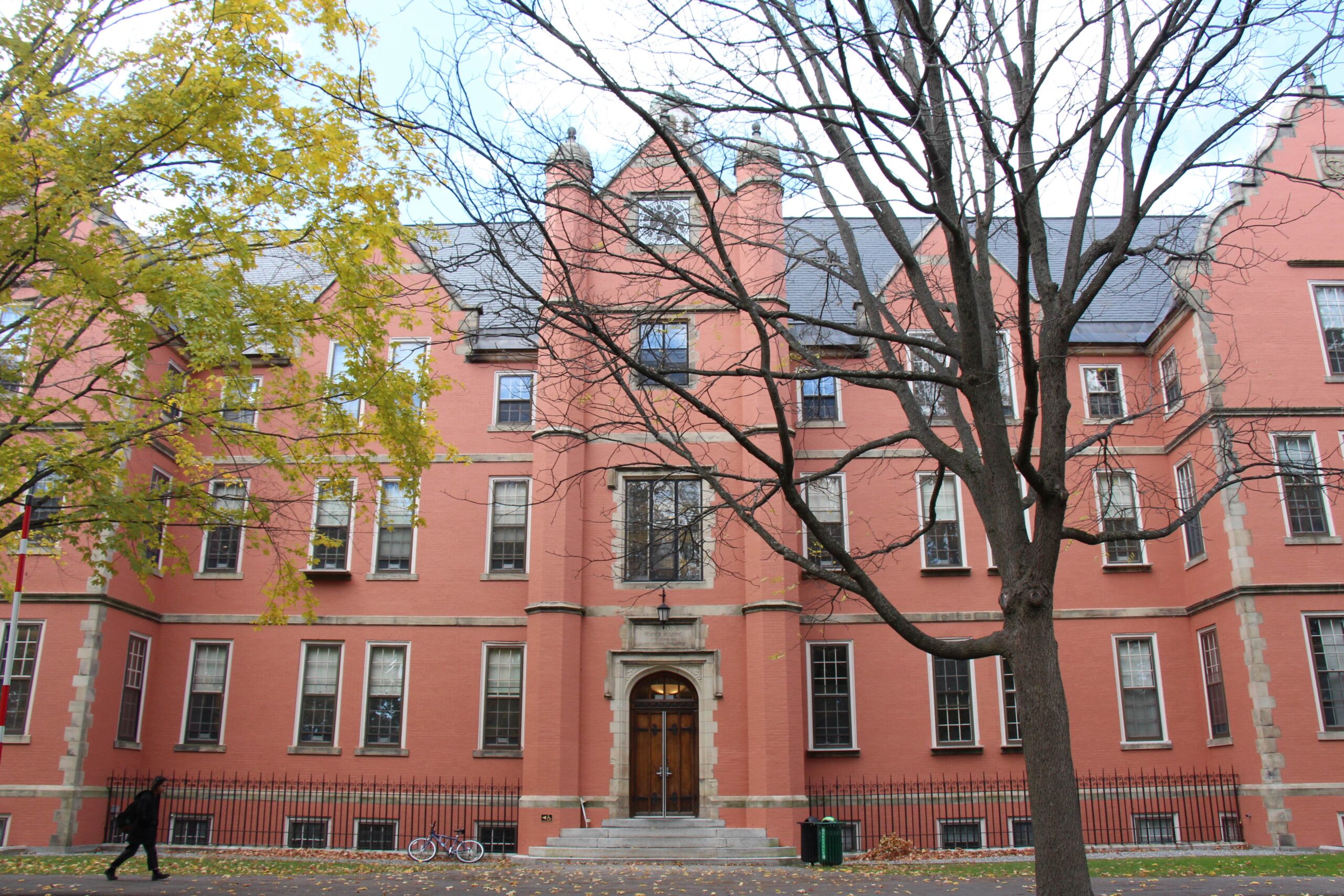College will offer some in-person learning for Spring 2021 semester
November 20, 2020
 Mindy Leder
Mindy LederThe majority of courses will continue to be taught remotely for the spring semester, but students in residence will have limited opportunities for in-person learning, according to an email sent to students from the Registrar Martina Duncan on Monday. Art and lab classes will also include longer sections, among other scheduling shifts, in response to feedback concerning time blocks this fall.
Roughly 70 percent of courses will continue online instruction, with the remaining 30 percent split almost equally between entirely in-person classes and online classes with in-person components, according to Senior Vice President and Dean for Academic Affairs Jennifer Scanlon.
“There was a tremendous amount of discussion on the part of faculty, department chairs and departments to really try to maximize the interaction that faculty and students could have, at the same time that we make sure that our students get the courses that they need to be able to maintain their progress toward graduation,” Scanlon said in a Zoom interview with the Orient.
Many of the decisions regarding which classes would be in-person versus online were made by faculty and vary significantly across departments, according to Scanlon.
For example, the chemistry department is delivering introductory courses entirely remotely, but students must be in residence to enroll in higher level classes, such as Organic Chemistry, that will have in-person lab components.
“The students who will be in Organic Chemistry, they’re going to have to be on campus to be able to do that,” said Professor of Chemistry Richard Broene in a Zoom interview with the Orient. “And we know that that sets up a hardship for some students because now they have a dichotomy: ‘Do I come to campus and take Organic Chemistry or do I not take it?’ But our thought is the sophomores, the class of [20]23, many of them have never actually had more than a half a semester of laboratory chemistry in their four semesters at Bowdoin.”
Another change for the spring semester is that the time blocks have been adapted to better serve laboratory sciences and visual and performing arts classes requiring longer class sections.
“Doing [the abbreviated time blocks] for a full year was going to really compromise [arts and science departments’] ability to deliver key elements of their curriculum,” Professor of Art History and Associate Dean for Academic Affairs Stephen Perkinson said in a phone interview with the Orient. “We created, this time, knowing that we’d have more students on campus and feeling like we would have the ability to use our labs to some extent, we created some blocks that were longer,” Perkinson added.
Perkinson noted that, when soliciting feedback on this semester’s time blocks, many students and faculty found the variable schedules—with classes scheduled at different times on different days—confusing.
“We also heard, quite reasonably and not surprisingly, that people found it hard to keep track of ‘when does this class start and end?’… It’s hard enough to remember what day of the week it is,” Perkinson said.
Maintaining consideration for students in different time zones, for whom the variable times were intended, Perkinson hopes that the new system will split the difference. Most classes will continue to be scheduled at various times throughout the week, but some classes—like first-year seminars were this semester—will meet at the same time each day they meet.
Scanlon noted that many of these spring semester plans are not set in stone and will remain subject to change depending on COVID-19 conditions on campus and in Maine.
“You might have a seminar that enrolls only on-campus students,” Scanlon said. “It might start online—we’re going to start the semester online as we did in the fall—and then that might move into in-person delivery. They’re saying that flexibility is the word of the year, right?”
Comments
Before submitting a comment, please review our comment policy. Some key points from the policy:
- No hate speech, profanity, disrespectful or threatening comments.
- No personal attacks on reporters.
- Comments must be under 200 words.
- You are strongly encouraged to use a real name or identifier ("Class of '92").
- Any comments made with an email address that does not belong to you will get removed.

This seems very unfair for immunocompromised students who cannot be on campus… I guess some profs are just mean 🙁